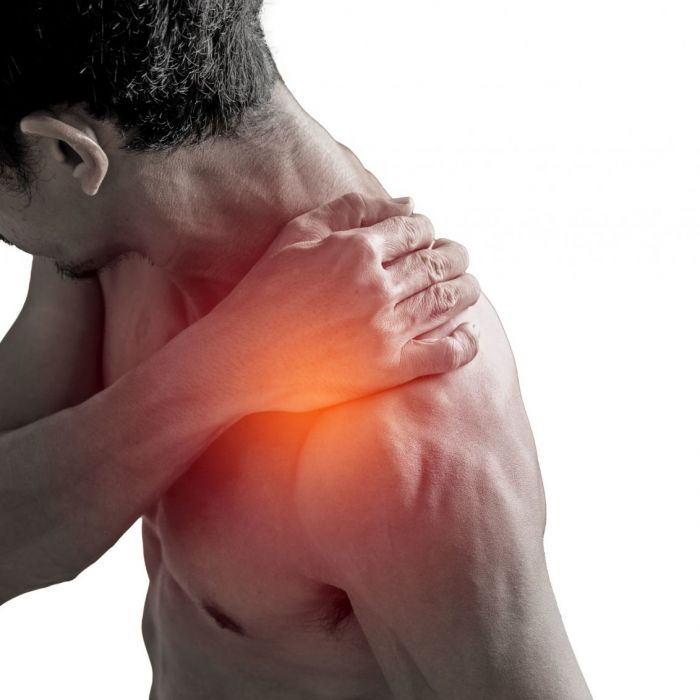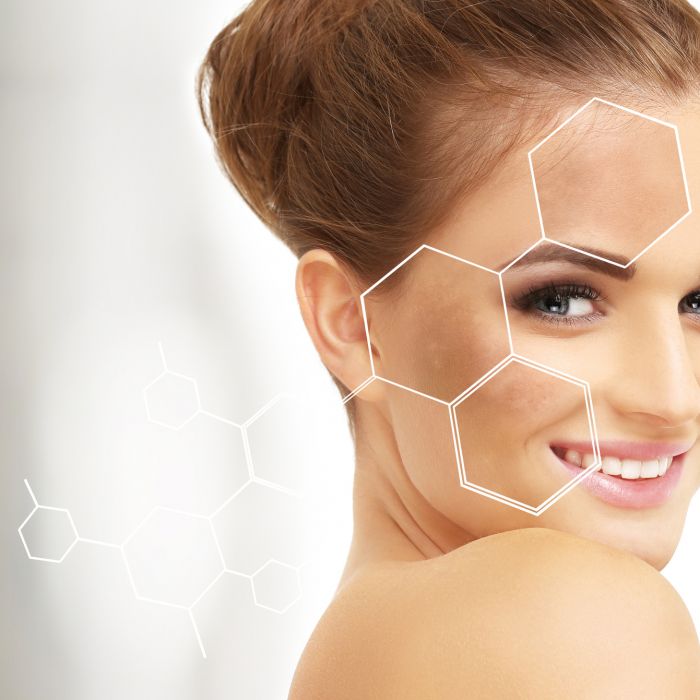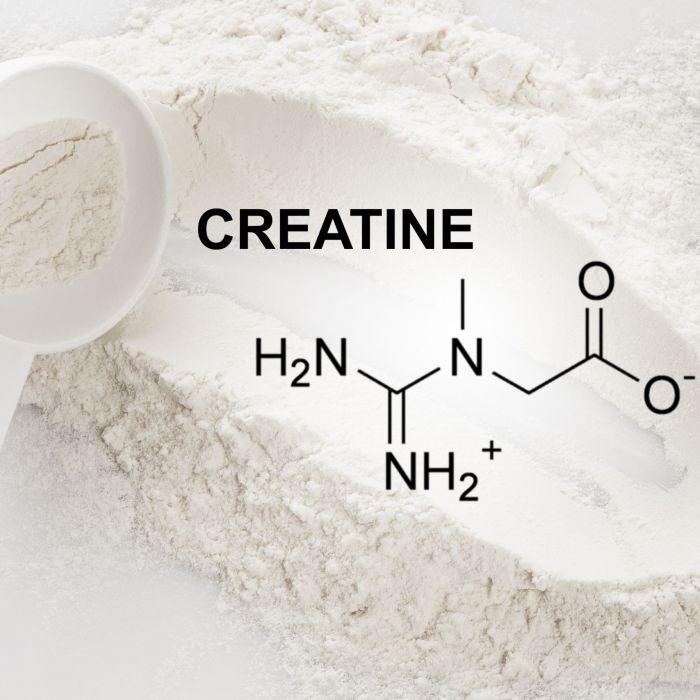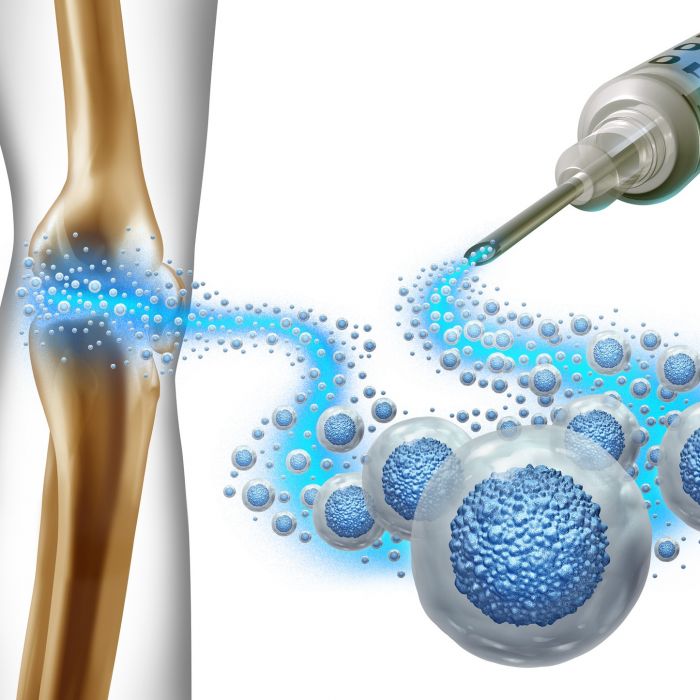As we navigate the different stages of our lives, our bodies undergo various changes, many of which are driven by hormones. These tiny but powerful chemical messengers play pivotal roles in regulating numerous body functions, from growth and metabolism to mood and reproductive health. Let’s discuss how hormones change as we age and what that means for our health and well-being.
- Puberty
In the teenage years, the body sees a surge of sex hormones, namely estrogen in females and testosterone in males. These hormones drive the development of secondary sexual characteristics, such as the growth of facial hair in males or the start of menstrual cycles in females.
- Reproductive Years
Throughout the reproductive years, hormones like estrogen, progesterone, and testosterone fluctuate in predictable patterns to regulate the menstrual cycle in females and sperm production in males. This period is characterized by the ability to reproduce.
- Menopause & Andropause:
Typically occurring in the late 40s or early 50s, menopause marks the end of a woman’s reproductive years. The ovaries gradually reduce the production of estrogen and progesterone. This decline can lead to symptoms like hot flashes, night sweats, mood changes, and vaginal dryness.
Men experience a more gradual decline in testosterone, called andropause, often starting in their late 30s or early 40s. Though not as abrupt as menopause, symptoms may include fatigue, reduced muscle mass, lower libido, and mood changes.

- Stress Hormones
The body’s primary stress hormone, cortisol, can be affected by age. Chronic stress, illness, or lack of sleep can lead to sustained elevated cortisol levels, which may contribute to issues like weight gain, insomnia, and lowered immune function.
- Thyroid Hormones
The thyroid gland produces hormones that regulate metabolism, energy, and body temperature. As we age, the risk of thyroid disorders, both hyperthyroidism (overactive) and hypothyroidism (underactive), can increase, affecting these functions.
- Growth Hormone & Insulin-like Growth Factor-1 (IGF-1)
These hormones play a role in building and repairing tissues. Their levels peak during adolescence and gradually decline with age, which can impact muscle mass, bone density, and skin elasticity.
- Insulin
While insulin isn’t necessarily reduced as we age, the body’s sensitivity to it can diminish, leading to a condition called insulin resistance. This can elevate the risk of developing type 2 diabetes.
What Can We Do?
Remember, every individual’s experience with aging and hormonal changes is unique. By staying informed and proactive, you can navigate these changes with grace and confidence.
Understanding these hormonal changes is the first step to managing them. It’s essential to maintain regular check-ups with your healthcare provider, adopt a healthy lifestyle, stay active, and consume a balanced diet. There are also targeted treatments and interventions for specific hormonal imbalances, including but not limited to Hormone Replacement Therapy and different types of Peptide Therapy. You can discover more about hormonal treatments and therapies when you schedule a free consultation with us today.








